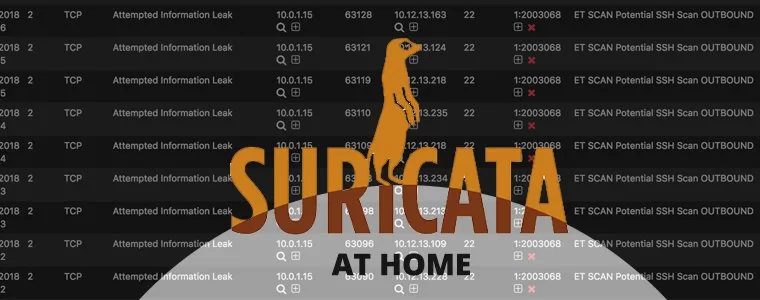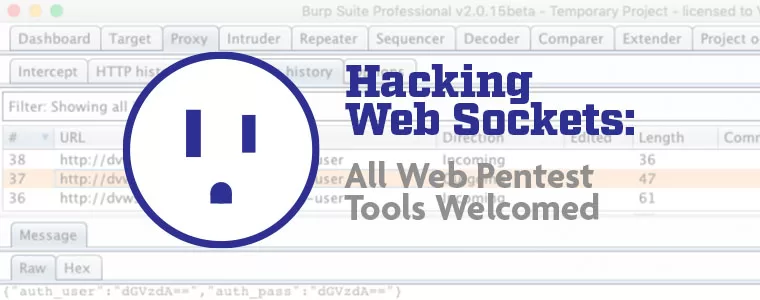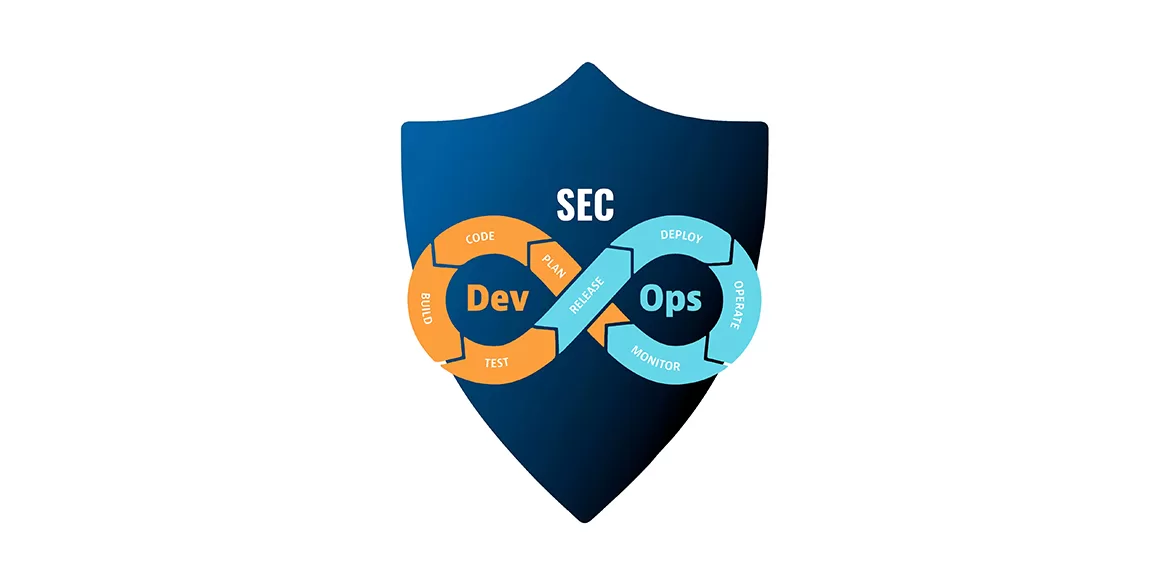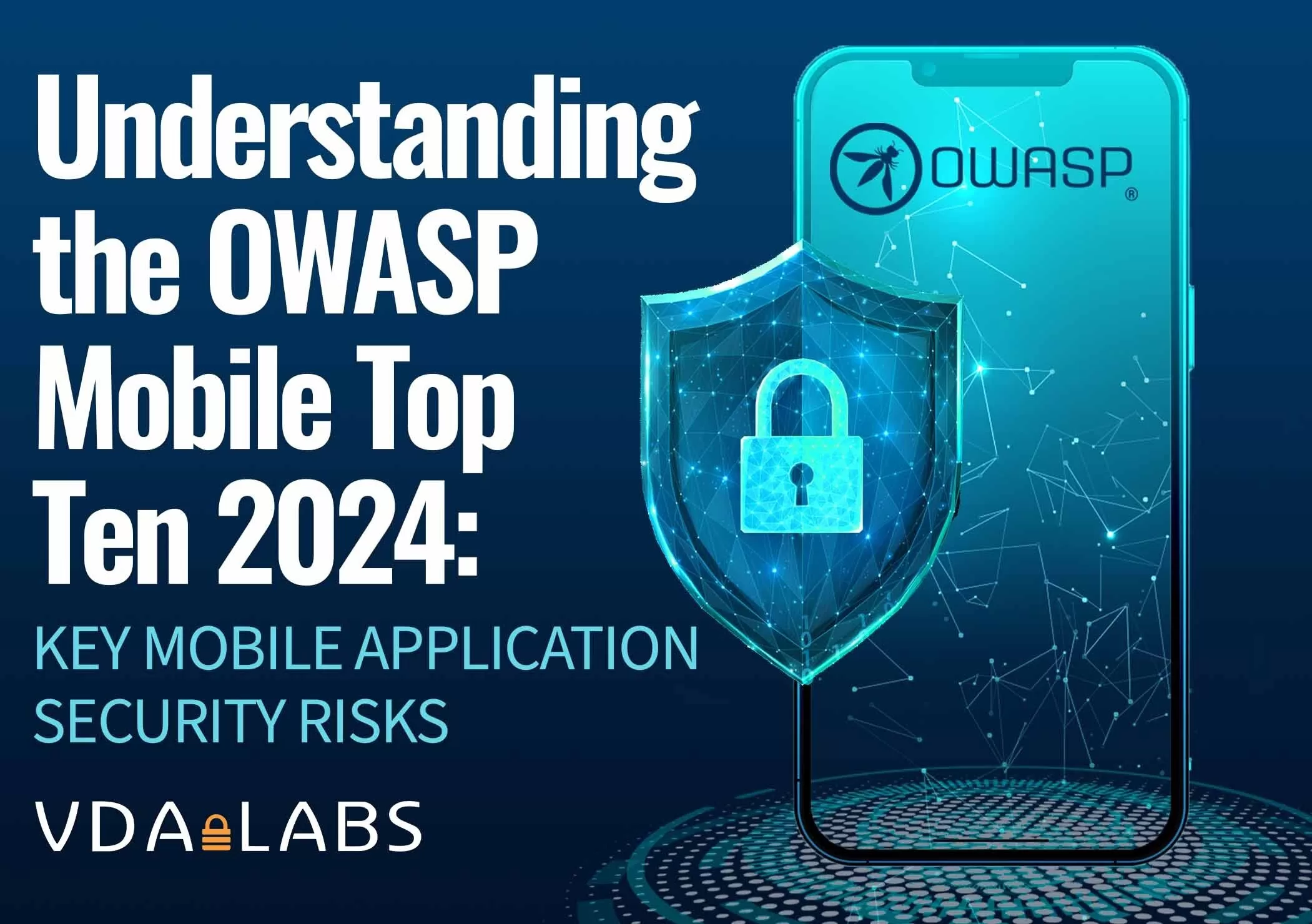VDA Labs specializes in advancing software security through training and consulting, envisioning a future without cyber risk. With decades of experience, we’re a trusted partner for effective security operations, minimizing the likelihood and impact of cyber attacks.
Read More About UsSecurity Awareness Training Services Cybersecurity Awareness Training for Employee Preparedness
Security Awareness Training (SAT) Overview
The frequency of cyber attacks is on the rise, with attackers continuously refining their tactics to breach businesses and compromise customer data.
are a result of human error. In today’s digital world, effectively protecting your organization means ensuring that employees are properly trained.
Help your organization mitigate risk with effective cyber security awareness training that is engaging and retained by end users.
Businesses need to proactively safeguard themselves against future attacks by employing state-of-the-art cybersecurity tools to fend off potential threats. However, relying solely on technology is not sufficient, as it doesn't offer foolproof protection against attackers and data breaches. Hence, organizations should complement their cybersecurity measures with awareness training to educate employees on safeguarding confidential information from cyber threats.
Our security awareness training program plays a pivotal role in educating your employees and users, empowering them to consistently recognize and mitigate common online threats.
-
What is Security Awareness Training?
-
Security awareness training is a crucial strategy employed by IT and security professionals to prevent and mitigate cyber-attacks, thus minimizing overall risk.
Effective cybersecurity awareness training simplifies the understanding of proper cyber hygiene and the risks associated with various actions for employees. It equips them with the ability to recognize and respond to cyber-attacks encountered through email and web channels.
Comprehensive security awareness training covers diverse topics, including identifying suspicious emails, implementing physical security measures in organizations, combating ransomware, enhancing network security, and ensuring data protection.
Moreover, such training should be customized to cater to employees at all organizational levels, ensuring that cybersecurity remains a top priority and mitigating the risk of employees inadvertently compromising organizational security.
Importance of Security Awareness and Training for Businesses
Why Your Business Needs Security Awareness Training?
Educating your employees about cyberattacks is crucial to reduce the risk to your organization's security. By minimizing risk, organizations can mitigate potential data and financial losses caused by cybercrime. Therefore, investing in workforce education is invaluable, as it helps employees steer clear of unnecessary threats.
Our security awareness training program plays a pivotal role in educating your employees and users, empowering them to consistently recognize and mitigate common online threats.
Establishing a strong security awareness culture among employees is essential, as human error often contributes to cyber attacks. Regular security awareness training programs will empower employees to recognize threats early and respond effectively, fostering a security-conscious environment within your organization.
Security incidents can lead to costly and time-consuming disruptions to business operations. By investing in security awareness training, organizations can significantly reduce the likelihood of cyber attacks, resulting in fewer instances of downtime and smoother business continuity.
Adhering to security standards and regulatory requirements is crucial for organizations handling sensitive information. Comprehensive security awareness training ensures that employees understand and comply with security policies and procedures, helping organizations meet regulatory obligations and avoid potential penalties.
Ensure the cybersecurity awareness campaign offers a variety of educational materials, including written resources and interactive online learning modules. Tailor the content to suit different learning preferences and provide lessons of varying complexity to cater to employees' roles effectively.
As customers become increasingly aware of cybersecurity risks, organizations must demonstrate their commitment to cyber resilience. Implementing security awareness training ensures that employees adhere to best practices, thereby instilling confidence in customers and enhancing their trust in the organization's security measures.
Security awareness training effectively reduces the risk of data breaches and financial losses by equipping employees with knowledge of information security best practices. With heightened awareness, employees can navigate technology platforms such as email, social media, and websites more securely, minimizing susceptibility to common cyber threats like phishing attacks.
Implement follow-up sessions to reinforce your organization's cybersecurity policies and refresh employees' memories on identifying and mitigating security risks. These sessions should also emphasize compliance policies and alert employees to emerging threats, promoting ongoing vigilance.
Conduct simulated attacks, such as phishing attempts, to test employees' preparedness and responsiveness. Additionally, incorporate surveys to assess adherence to cybersecurity policies and identify areas requiring improvement among employees.
Monitor and report employees' engagement with training programs and evaluate the effectiveness of the training initiatives. Use this data to identify weaknesses in the program and areas for improvement to enhance overall cybersecurity posture.
Enhancing Security Awareness with VDA Labs
Why Choose VDA Labs Security Awareness Training?
At VDA Labs, we adopt a comprehensive approach to tackling cybersecurity challenges. Recognizing the dynamic nature of threats and technologies, we customize our security awareness training to align with the specific requirements of your organization. Our cybersecurity awareness training is designed to shift employees' perspectives towards fostering a culture of security, thereby mitigating the risk of future attacks effectively.
INSTRUCTIONAL DESIGN
Our instructional design team, recognized for its excellence with awards, comprises professionals holding advanced degrees in adult learning and instructional design. They have crafted captivating learning programs for global industry leaders and are renowned for their innovative contributions to the learning industry.
CYBERSECURITY EXPERTISE
Led by seasoned information security specialists, our team includes former vulnerability analysts from the NSA, all holding advanced degrees in information security. They are esteemed speakers at prominent conferences such as RSA, DerbyCon, BlackHat, ToorCon, GrrCon, and HITB, showcasing their profound expertise and insights in the field.
Advanced / Expert Cybersecurity Training at VDA Labs
The training team at VDA Labs possesses an unrivaled level of expertise in the industry working in the public sector, academia, consulting, and for vendors – and we can’t wait to share what we know with you. We have been delivering expert-class training in many formats over the past 10+ years at many of the premiere security conferences across the globe.
In addition to conference events, we also do private trainings on site, and have select courses available online via Pluralsight.

MODULE ONE: HACKERS WANT YOU
Many users are unaware of the techniques hackers use to target them. This module offers insights into the importance of data protection and introduces fundamental methods for safeguarding against cyber threats.

MODULE TWO: USER ACCOUNTS AND SECURE AUTHENTICATION
Evaluate the strength of user account credentials and explore best practices for enhancing account security, including the creation of robust passwords and implementation of multi-factor authentication.

MODULE THREE: DETECTING SOCIAL ENGINEERING ATTACKS
Social engineering remains a prevalent threat vector for data breaches. Participants will learn to recognize vulnerabilities, including phishing, smishing, vishing, and physical manipulation techniques employed by hackers.

MODULE FOUR: SECURING TRAVEL ACTIVITIES
In today's mobile-driven workforce, traveling poses increased cybersecurity risks. This module provides strategies for minimizing vulnerabilities and enhancing security protocols during travel.

MODULE FIVE: IMPACTS OF HOME OFFICE ON CORPORATE SECURITY
With the rise of remote work, employees must understand how to maintain data security while working from home or using personal devices. This module equips users with the knowledge and practices necessary to uphold corporate security standards in home office environments.

MODULE SIX: BUSINESS SECURITY
This module includes special security training for HR, Accounting, IT, and Leadership teams. We’ll discuss specific considerations for each group.
You can access this suite through a per-user subscription or tailor it to your unique requirements. Dive into an interactive array of modules, quizzes, boss-fights, phishing simulations, and more, designed to challenge hackers. It's LMS-ready with deployment assistance included.
Application Security: For Hackers and Developers
This comprehensive course is tailored for individuals seeking to enhance their understanding of tools and techniques vital for identifying and mitigating vulnerabilities in real-world software applications. Whether you're involved in software development, testing, management, hacking, or vulnerability research, this course offers valuable insights and practical skills.
Security Strategy
Explore methodologies such as Security Development Lifecycle (SDL), design reviews, and fostering a security-conscious culture within your organization.
Code Auditing
Learn both static and dynamic analysis techniques for identifying security flaws in software code. Fuzzing: Discover automated approaches for uncovering bugs through techniques like fuzz testing using tools such as Mayhem, MSRD, AFL, and Peach.
Fuzzing
Explore automated methods for identifying bugs by utilizing techniques like fuzz testing. With tools such as Mayhem, MSRD, AFL, and Peach, you can uncover vulnerabilities in your software through systematic testing procedures. These automated approaches enhance efficiency and accuracy in bug detection, ensuring robust security measures for your applications.
Reverse Engineering
Delve into the practice of reverse engineering to understand and protect intellectual property while identifying vulnerabilities in managed (e.g., C#) and unmanaged (e.g., C/C++) code.
Software Exploitation
Gain insights into common software vulnerabilities, including command injection, SQL injection (SQLi), and memory corruption issues such as buffer overflows, function pointer overwrites, and Return-Oriented Programming (ROP).
And much more. Whether you're a novice or an experienced professional, this course equips you with the knowledge and skills necessary to fortify your organization's software against potential cyber threats.
Building upon the foundational knowledge acquired in our introductory course, "Application Security: For Hackers and Developers," this advanced training delves deeper into the realm of vulnerability exploitation. Participants will explore various techniques and tools used to identify and exploit security flaws in software applications.
On the first day, participants will focus on modern-day protections implemented in web browsers, including technologies such as EMET, Isolated Heap, and Control Flow Guard (CFG). Through hands-on lab sessions, attendees will learn how to bypass these protections, equipping them with valuable skills for conducting cutting-edge vulnerability research.
The second day of training shifts the focus to kernel-level exploitation. Participants will gain insights into debugging, auditing, fuzzing, and exploiting kernel code. Despite the fast-paced nature of the course, the learning environment remains low-stress and engaging, ensuring an enjoyable and educational experience for all.
Prerequisite: It is highly recommended that participants have prior experience or have completed the "Application Security: for Hackers and Developers" course to maximize their understanding and proficiency in advanced exploitation techniques.

USING NEXT-GEN SECURITY TOOLS
Introduction to the course, tools, and methodologies. Analyze events collected by Bromium micro-VMs to swiftly understand threats and extract crucial IOCs. Manual analysis remains essential for deeper insights.

RECOGNIZING THE EXPLOIT VECTOR
Delve into the intricacies of a typical endpoint compromise, determining the exploit used on a victim. Learn to decompile SWF files using JPEXS FFDEC.

UNRAVELING EXPLOIT OBFUSCATION
Decrypt heavily obfuscated malware exploits to uncover attacker tactics. Utilize tools such as FireBUG and JavaScript Deobfuscator.

CIRCUMVENTING EXPLOIT KIT ENCRYPTION
Counter encryption employed in advanced exploit kits, decrypting key stages of the attack.

UNDERSTANDING MOVING TARGET COMMUNICATIONS
Explore techniques employed by exploit kits to evade detection, including Dynamic Generation Algorithms (DGA).

DETECTING ANGLER IN THE WILD
Develop and share YARA signatures to detect malware in the wild, contributing to community defense efforts.

PERFORMING SAFE DYNAMIC ANALYSIS
Analyze malware payloads in sandboxed environments to automate threat analysis.

ANALYZING FILES STATICALLY
Utilize file analysis tools to assess malware binaries for malicious behavior and cryptographic techniques.

REVERSING MALWARE WITH DEBUGGING TOOLS
Break custom encryption or packing dynamically using debugging tools, bridging static and dynamic analysis.

REVERSING MALWARE WITH IDA PRO
Conduct static analysis using IDA Pro to delve deeper into unpacked malware.

CUSTOMIZING REPORTS: FROM RESEARCHERS TO CISOS
Tailor threat intelligence reports to different stakeholders, ensuring appropriate actions are taken. Explore threat intelligence sharing tools and standards.
Deeper Investigations for the SOC
This comprehensive malware and incident investigations class offers a deep dive into the workflow of internal IT security/SOC analysts, going several steps beyond the basics. Participants learn to assess the severity of security alerts and conduct thorough investigations within a limited timeframe, gaining proficiency with essential tools and techniques.
-
Who should enroll?
-
This course is suitable for SOC analysts, pentesters, developers, testers, QA professionals, managers, journalists, and anyone keen on enhancing their understanding of analyzing the latest threats efficiently.
Effective cybersecurity awareness training simplifies the understanding of proper cyber hygiene and the risks associated with various actions for employees. It equips them with the ability to recognize and respond to cyber-attacks encountered through email and web channels.
Comprehensive security awareness training covers diverse topics, including identifying suspicious emails, implementing physical security measures in organizations, combating ransomware, enhancing network security, and ensuring data protection.
Moreover, such training should be customized to cater to employees at all organizational levels, ensuring that cybersecurity remains a top priority and mitigating the risk of employees inadvertently compromising organizational security.
Course Content

STATE OF MALWARE
Explore the current landscape of malware dissemination and its impact on organizations. Develop a methodology for malware analysis, understanding SOC workflow, and acquainting with core tools.

COMMAND AND CONTROL
Learn about malware communication methods, including domain generation algorithms (DGA), and strategies employed to evade detection and disruption.

OPEN-SOURCE INFORMATION GATHERING
Utilize open-source tools like VirusTotal and the VirusTotal API to identify and analyze potentially malicious samples. Automate workflows with Python scripting.

GATHERING SIGNATURES AND HASHES
Learn techniques to identify and share information about suspicious samples, including generating file hashes, imphashes, and conducting file similarity analysis using tools like ssdeep.

BASIC MALWARE ANALYSIS
Master basic static and dynamic analysis approaches to swiftly extract actionable data from malware samples.

ANTI-VIRUS AND OTHER END-POINT PROTECTIONS
Gain insights into the workings of anti-malware protections, strengths, and weaknesses, and write custom signatures to detect malicious files on host machines.

DELIVERY METHODS: HOW MALWARE GETS THROUGH THE PERIMETER
Examine common malware dissemination methods, such as exploit kits (EK), and their impact on infected websites.

DEEPER MALWARE ANALYSIS
Learn advanced disassembly techniques using tools like IDA Pro and debuggers to extract comprehensive insights into malware behavior.

DEEPER LOOK AT MALWARE: BLOCKING AND HUNTING
Explore advanced attacks initiated by exploit kits (EK) and create custom signatures using indicators of compromise (IOC) to proactively and retroactively block and hunt for infections.
And much more. Whether you're a novice or an experienced professional, this course equips you with the knowledge and skills necessary to fortify your organization's software against potential cyber threats.
Securty Leadership Training
Whether you're new to the security sector or already in a leadership role seeking guidance, we offer personalized 1-on-1 or group coaching sessions tailored to your needs.
Topics covered include:
- Comprehending the Dynamics of the Security Industry
- Formulating Procurement Tactics for Security Products
- Crafting Strategies for the Development of Security Products
- Efficient Procurement Practices for Security Services
- Development Processes for Security Services
- Deployment of Security Measures within Enterprises
- Insight into Security Vulnerabilities and Hacking Methods
- Designing and Executing Impactful Security Training Initiatives
Cybersecurity Insights
Related Cybersecurity Resources
Book a Consultation

Looking for security awareness and training services? Our cybersecurity awareness training helps businesses prepare their employees against attacks. Get in touch.









